News
Gary Gensler: Presidential election not about crypto money
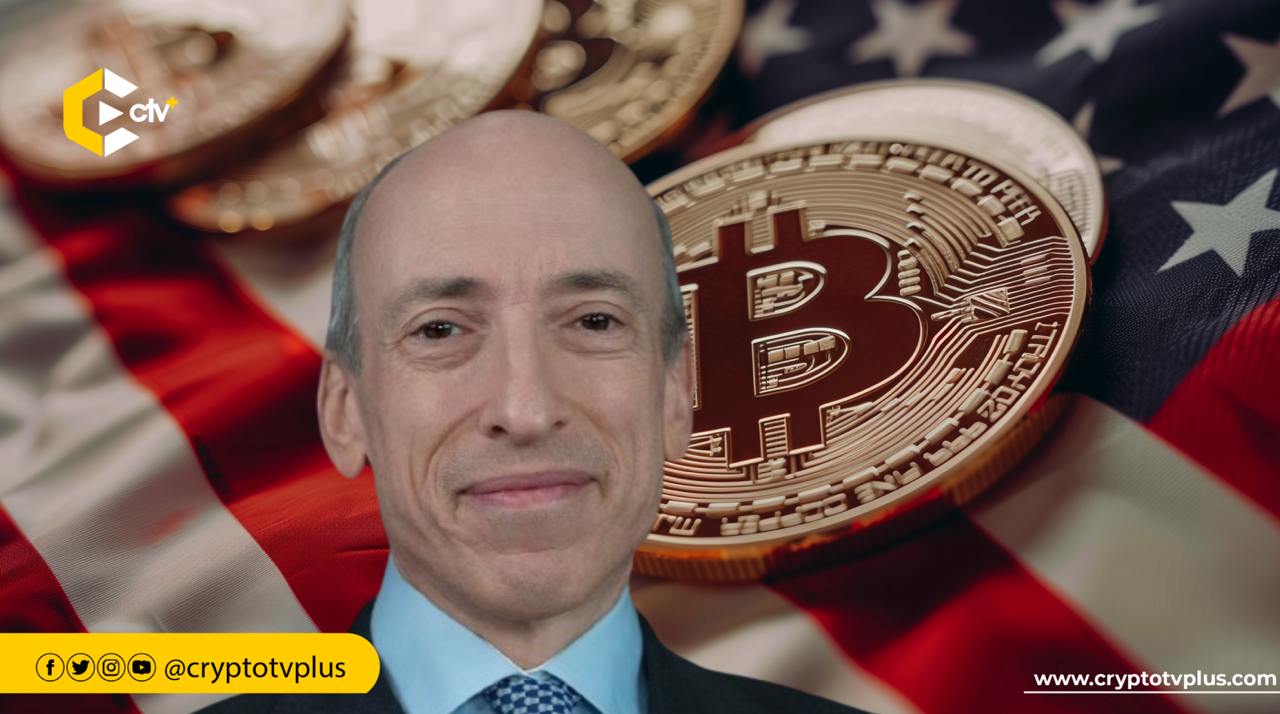
Gary Gensler, the outgoing SEC Chair, expressed skepticism that digital asset advocates and cryptocurrency-focused voters influenced the presidential election in favor of Donald Trump.
As Gensler prepares to leave office in six days, coinciding with Trump’s inauguration as president in Washington, DC, he maintained that the election was not swayed by crypto-related financial interests.
During a Jan. 14 interview with Andrew Ross Sorkin on CNBC’s Squawk Box, Gensler steered the interview back to his long-standing focus on investor protection during his leadership of the commission.
“I think this election, though as you point out, there was money raised from the crypto field, I don’t think that’s what this election was about,” said Gensler.
“This field, the crypto field, a highly speculative field, has not been compliant with various laws, whether it’s any money laundering laws, sanctions laws, or in our case, securities laws.”
Gensler’s SEC took legal action against several US crypto companies, including Coinbase, Ripple Labs, and Binance.
Many in the industry have consistently criticized the lack of “clear rules of the road” for digital asset firms to comply with US securities laws.
In his December 60 Minutes interview, Ripple CEO Brad Garlinghouse suggested that Fairshake, the political action committee (PAC), likely wouldn’t have been founded had Gensler not been in charge of the SEC.
Fairshake channeled millions into media buys to support candidates with pro-crypto views in congressional elections.
Trump stated in December that he would nominate Paul Atkins, a former SEC commissioner, to take over as SEC chair from Gensler. The US Senate had not planned a hearing to evaluate the nomination at the time of publication.
While the battle between SEC and Binance continues, Coinbase’s legal team remains engaged in challenging court decisions that favour SEC regulations on crypto.
The exchange, in addition to challenging the SEC’s 2023 enforcement action that is currently being appealed, has filed Freedom of Information Act requests to obtain evidence of a supposed US government effort to de-bank crypto firms. It is also engaged in a lawsuit aimed at compelling the SEC to establish clear rules for the industry.
The court found Ripple liable for $125 million in August in its case against the SEC, but both Ripple and the SEC have filed appeals.
Mango DAO, along with others, has settled with the US regulator over allegations related to securities law violations.





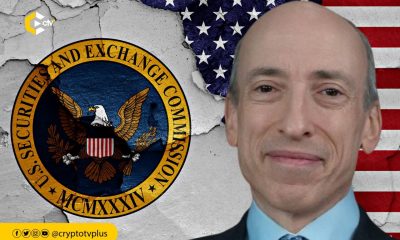

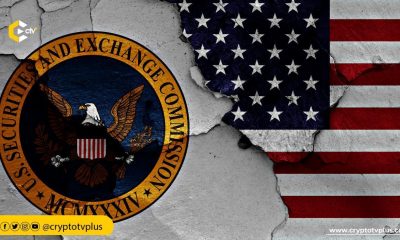

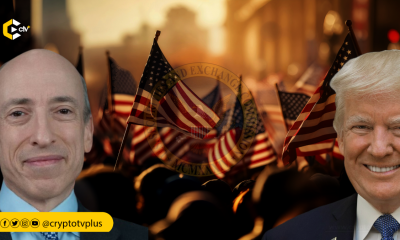

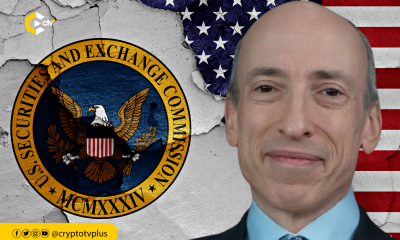

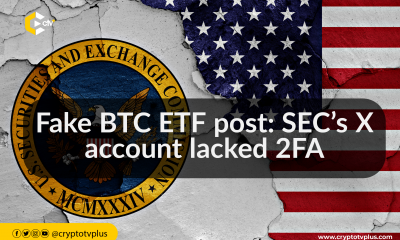











9 Comments